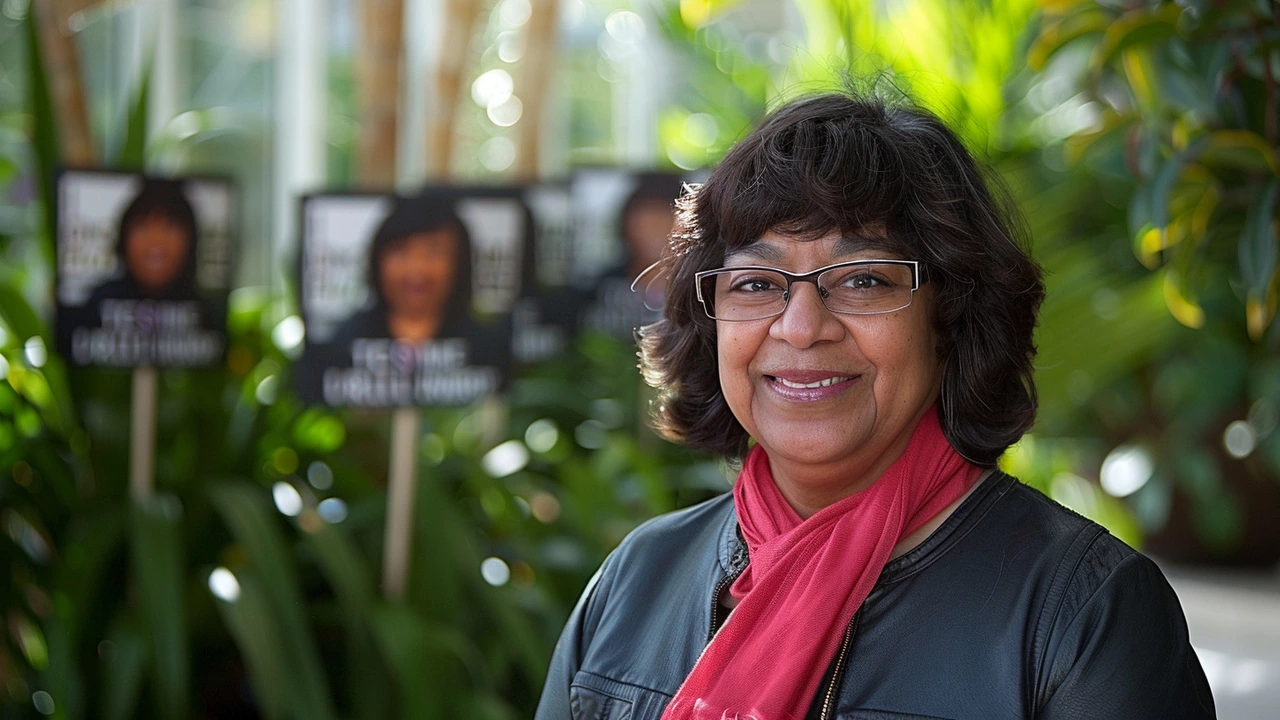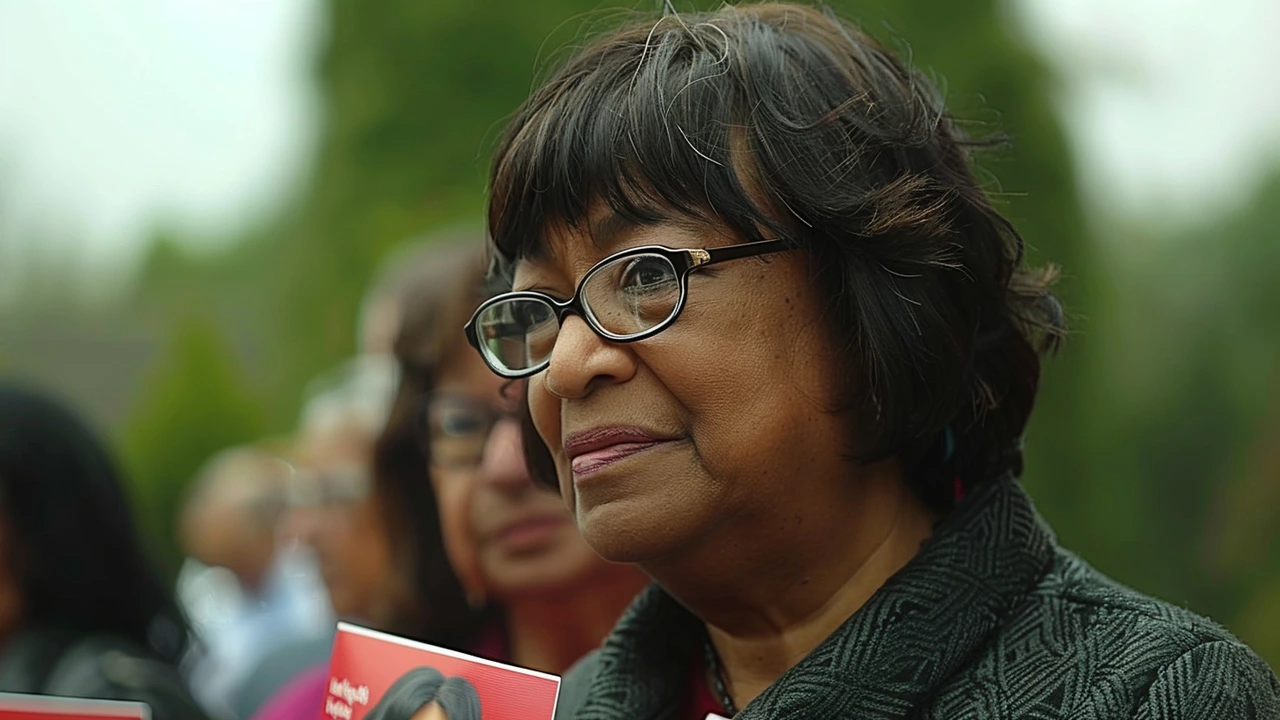Labour MPs Express Outrage Over Diane Abbott's Treatment
Labour front benchers are furious as the party's handling of Diane Abbott, the first Black woman to be elected as an MP, continues to stir controversy. Abbott, who has been a prominent figure in British politics for over three decades, found herself at the center of a political storm following comments she made in April 2023. The comments suggested that the experiences of racism faced by Irish, Jewish, and Traveller communities were different compared to those faced by Black people. These remarks led to the withdrawal of the Labour whip, a move that many within the party believe was excessively harsh and indicative of deeper issues around race and equality in Labour.
Following her comments, Abbott quickly withdrew her statement and issued an apology, acknowledging the hurt her words may have caused. An inquiry into her remarks was conducted and concluded in December 2023, resulting in a formal warning. In an effort to address the concerns raised by her comments, Abbott also completed an antisemitism awareness course by early 2024. Despite these actions, the Labour Party decided that Abbott would not be allowed to stand for Labour in the July 4 general election, a decision that effectively could bring an end to her 37-year career in Parliament.
Rising Tensions Within Labour
The decision to prevent Abbott from running has sparked a wave of anger and frustration among Labour's front benchers. One senior front bencher described the leadership's actions as 'double standards' and lamented the 'complete disregard for the Black community.' These feelings of betrayal are not only about Abbott but also reflect broader frustrations within the party regarding its approach to issues of race and discrimination.
Another MP suggested that considering Abbott's lengthy and influential career, she deserves recognition and should be given a peerage. For many, this situation highlights a disconnect between the party's leadership and its members, particularly those who have long been advocates for the Black community and other marginalized groups.
The Impact on Labour's Election Prospects
This internal discord comes at a critical time for Labour, as the party gears up for the general election on July 4. The controversy surrounding Abbott's comments and the subsequent actions taken by the party leadership have underscored the ongoing tensions within Labour over how it handles issues of race and inclusion. With the general election looming, these divisions could potentially undermine Labour’s efforts to present a united front and weaken its appeal to voters.
Party insiders are concerned that the handling of Abbott's situation might damage Labour's standing with key voter demographics, especially within the Black community and among those who prioritize social justice issues. They fear that the perceived unfair treatment of Abbott might lead to discontent and disengagement among supporters who have traditionally backed Labour.

Diane Abbott's Legacy and Future
For Diane Abbott, this may signal a stark and abrupt end to her distinguished career in Parliament. Elected in 1987, Abbott broke ground as the first Black woman in the House of Commons. Throughout her career, she has been a tireless advocate for social justice and equality and has inspired many with her commitment to these causes. Despite the controversies, her contributions to British politics and her representation of marginalized communities are undeniable.
The future remains uncertain for Abbott. While she will not stand for Labour in the upcoming election, it is unclear what her next steps might be. Some of her colleagues believe that her voice is still essential in politics and are advocating for her to take on a role within the House of Lords. Whether or not this happens, Abbott's influence and legacy will continue to resonate within the political landscape.
In this highly charged atmosphere, Labour must navigate a delicate path. The party leadership needs to address the discontent among its members and supporters while maintaining a clear stance against discrimination. How it handles these internal challenges in the run-up to the general election will be crucial in determining its future success and unity.




